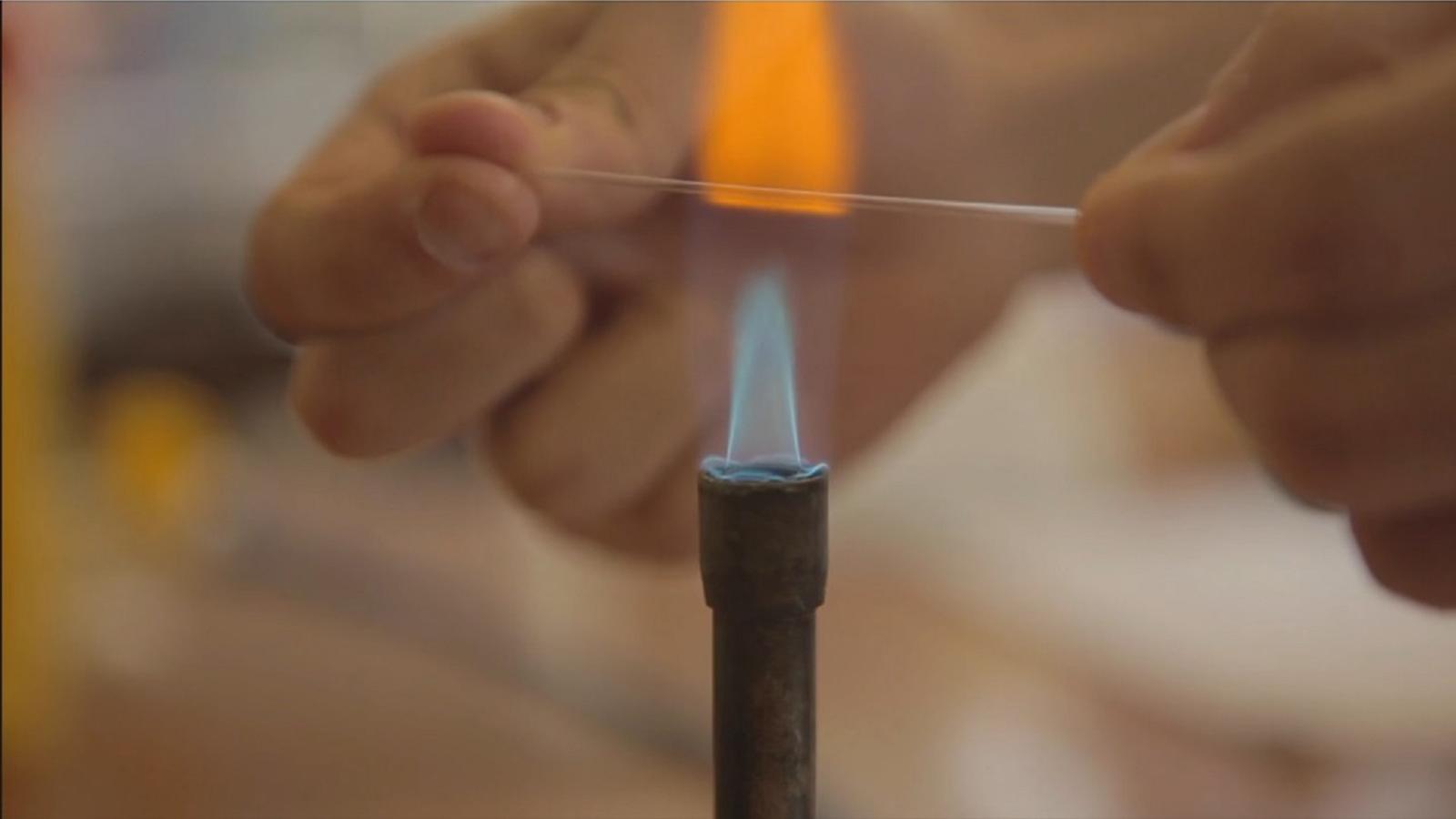Block 3 (Year 9)
The physics course in Block 3 extends ideas from KS3 and forms an integral part of the work required for IGCSE. In combination with Biology and Chemistry the emphasis is on developing good scientific thinking and the analytical skills to select, organise and present information clearly and logically, using appropriate scientific terms and conventions. There is a reduced mathematical demand at this stage although there is an introduction to modelling relationships between physical quantities. The topics allow the fundamental concepts to be established with plenty of practical applications.
The topics studied cover:
- Astronomy
- Waves
- Sound
- The Electromagnetic Spectrum
- Domestic Electricity
- Energy resources
- Heat transfer mechanisms
Students' work is reinforced by regular weekly prep, extended assignments and end of topic tests. There will be a formal peer assessed presentation of individual research on the Energy Resources topic and a synoptic examination at the end of the year.
Blocks 4 & 5 (Years 10 & 11)
All Block 4 and 5 students study the IGCSE, either Double Award on three lessons a week or extending this with additional material and an extra lesson through Blocks 4 and 5 to sit the separate Physics IGCSE papers. This is examined with a two hour Physics paper for the Double Award and an additional one hour extension paper for the Physics IGCSE award. The aim of this course is to provide a comprehensive grounding in the sciences for anyone who is a citizen of the twenty-first century, and also to build a firm platform for anyone wishing to continue with the sciences to A Level and beyond.
The IGCSE course develops scientific skills and knowledge and covers topics including Motion, Forces, Moments, Deformation, Work, Energy and Power, Electricity Density and Pressure, Kinetic Theory, Astronomy, Optics, Electromagnetism, Radioactivity and Nuclear Power
Examining Board: Edexcel "Double Award" IGCSE 4SCO and Edexcel Physics 4PH0
Sixth Form
The new linear A Level Physics course from 2015 is the AQA 7408 specification which is similar in content to the old AS/A2 course but with much greater flexibility to teach the material both in terms of order and time. The examination of the practical work now based on 12 core practical experiments that will be indirectly assessed in the terminal written papers rather than through formally assessed experimental tasks thus giving greater opportunity to include more practical work throughout the course. The mathematical content of the course has also been increased to include about 40% of the assessment. Much of the syllabus content extends ideas introduced at IGCSE but allowing development and refinement to produce models and thinking that will be a springboard to many university courses. The emphasis is on establishing a clear understanding of the concepts and developing sophisticated problem solving skills.
The course consists of the following topics:
Core content
- 1 Measurements and their errors
- 2 Particles and radiation
- 3 Waves
- 4 Mechanics and materials
- 5 Electricity
- 6 Further mechanics and thermal physics
- 7 Fields and their consequences
- 8 Nuclear physics
Options
- 9 Astrophysics
- 10 Medical physics
- 11 Engineering physics
- 12 Turning points in physics
- 13 Electronics
The assessment consists of three written papers, each of two hours duration taken at the end of the course.
Paper 1 (34%) examines sections 1 to 5 and 6.1 (Periodic motion)
Paper 2 (34%) examines sections 6.2 (Thermal Physics ) , 7and 8.
Paper 3 (32%) has a compulsory section A on Practical skills and Data analysis and section B on one of the options 9 to 13.
Physics remains an excellent course for those going on to any undergraduate course in Engineering, Physics, Mathematics, Architecture and Electronics and is a great benefit in many fields.
We would expect at least a grade 7 at GCSE Science and at least a grade 7 in Mathematics to access the demands of the course. Students are advised to consider taking A Level Mathematics and those not doing so will need to be aware of some additional mathematics learning that will be required through the Physics course through additional exercises and support.
Full details of the A Level course are available online via the AQA website, here.
Examining Board: AQA Specification 7408
Head of Department: Tobias Hardy
